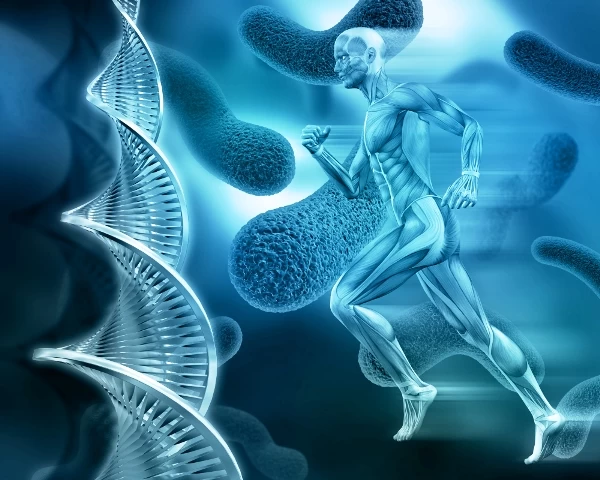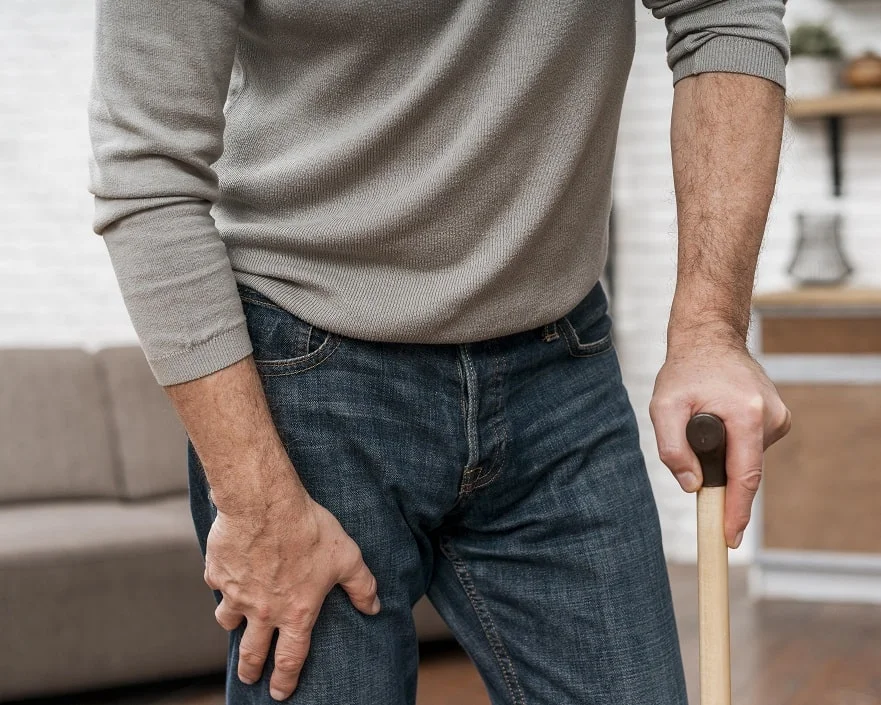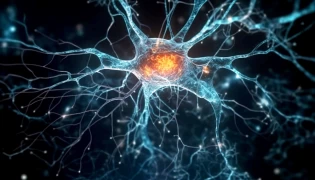
Glutathione and Physical Medicine: The Role of the Powerful Antioxidant in the Body
- Glutathione and Physical Medicine: The Role of the Powerful Antioxidant in the Body
- What is Glutathione?
- Key Features of Glutathione:
- Biological Role of Glutathione:
- Glutathione and Physical Performance:
- Applications of Glutathione in Physical Medicine:
- Conclusion:
Glutathione is a naturally occurring tripeptide molecule in the body, playing a critical role in cellular health, immune system function, and detoxification processes. Physical medicine and rehabilitation experts emphasize the importance of glutathione for a healthy life and suggest that it could be an effective strategy in the treatment of various diseases.
What is Glutathione?
Glutathione is a crucial tripeptide (a chain of three amino acids) molecule naturally found in the body. These amino acids are glutamic acid, cysteine, and glycine. Glutathione plays a critical role in cellular health, immune system functions, and detoxification processes.
Key Features of Glutathione:
Here are the key features of glutathione:
- Antioxidant Properties: Glutathione is one of the primary antioxidants in cells, combating oxidative stress by neutralizing free radicals and protecting cellular membranes, DNA, and other cellular components. Reducing oxidative stress helps prevent many diseases and delays cellular aging.
- Detoxification: Glutathione plays a crucial role in detoxification processes in the liver. It helps neutralize and render toxins harmless, facilitating their elimination from the body. This property provides significant protection in situations involving exposure to environmental toxins or drug metabolism.
- Immune System Support: Glutathione supports the proper functioning of immune system cells, enhancing their functionality and strengthening the body's defense against infections.
- Anti-Inflammatory Effects: Glutathione can regulate inflammation processes, helping to keep inflammation under control. This feature plays a significant role in the management of inflammatory diseases.
- Contribution to Energy Production: Mitochondria, the organelles responsible for energy production in cells, benefit from glutathione's support, contributing to energy production.
Glutathione levels can vary depending on various factors such as aging, inadequate nutrition, chronic diseases, and exposure to environmental toxins. Therefore, it is important to increase or maintain glutathione levels for a healthy life and disease prevention. Consuming foods rich in glutathione, adopting a healthy lifestyle, and consulting with healthcare professionals to use glutathione supplements if necessary can help in this regard. However, it is always advisable to consult with a healthcare professional before using any supplements.

Biological Role of Glutathione:
At the cellular level, glutathione functions as an antioxidant, reducing oxidative stress in cells by neutralizing free radicals. It contributes to the protection of cellular membranes, DNA, and other cellular components, preventing inflammation and cellular damage.
Additionally, glutathione plays a vital role in detoxification processes, particularly in the liver. This detoxification ability not only benefits physical medicine and rehabilitation but also positively impacts overall health.
Glutathione and Physical Performance:
Physical medicine experts suggest that glutathione may play a significant role in athletes and those engaging in regular exercise. Intense physical activity can increase the production of free radicals, leading to increased oxidative stress. Glutathione may accelerate recovery processes, reduce muscle fatigue, and enhance performance.
Applications of Glutathione in Physical Medicine:
The use of glutathione in the field of physical medicine and rehabilitation contributes to the management of various conditions due to its antioxidant, anti-inflammatory, and detoxification properties. However, further research is needed to fully understand the effects and applications of glutathione. Potential application areas include:
- Management of Rheumatoid Arthritis and Osteoarthritis: Glutathione's anti-inflammatory properties may alleviate symptoms of joint diseases by reducing oxidative stress in joint tissues.
- Healing of Sports Injuries: Glutathione supplements in athletes can positively impact muscle damage and inflammation caused by high levels of physical activity, speeding up the recovery process.
- Fibromyalgia and Chronic Fatigue Syndrome: Glutathione's antioxidant effects may play a role in managing conditions characterized by widespread pain and constant fatigue.
- Support for Neurological Diseases: Glutathione's neuroprotective properties may be effective in managing neurological conditions such as Parkinson's and Alzheimer's disease, protecting nerve cells from the damage caused by free radicals.
- Chronic Inflammation and Metabolic Syndrome: Glutathione's ability to reduce chronic inflammation can help control risk factors for metabolic syndrome, contributing to the management of heart diseases, type 2 diabetes, and other metabolic issues.
- Cancer Treatment and Side Effect Management: Some studies suggest that glutathione may help reduce side effects during cancer treatment and support the immune system against cancer cells.
These applications stem from the overall antioxidant and anti-inflammatory effects of glutathione. However, individual responses may vary, and consulting with healthcare professionals is crucial before considering any treatment or supplement use.
Conclusion:
Glutathione is a critical molecule with a broad impact on the body. Physical medicine and rehabilitation experts aim to optimize patients' glutathione levels to positively influence cellular health, immune system functions, and detoxification processes. Nevertheless, consulting with a healthcare professional before any treatment or supplement use is always essential.

Dr. Assistant Prof. Elif Berber
Physical Medicine and Rehabilitation Specialist





